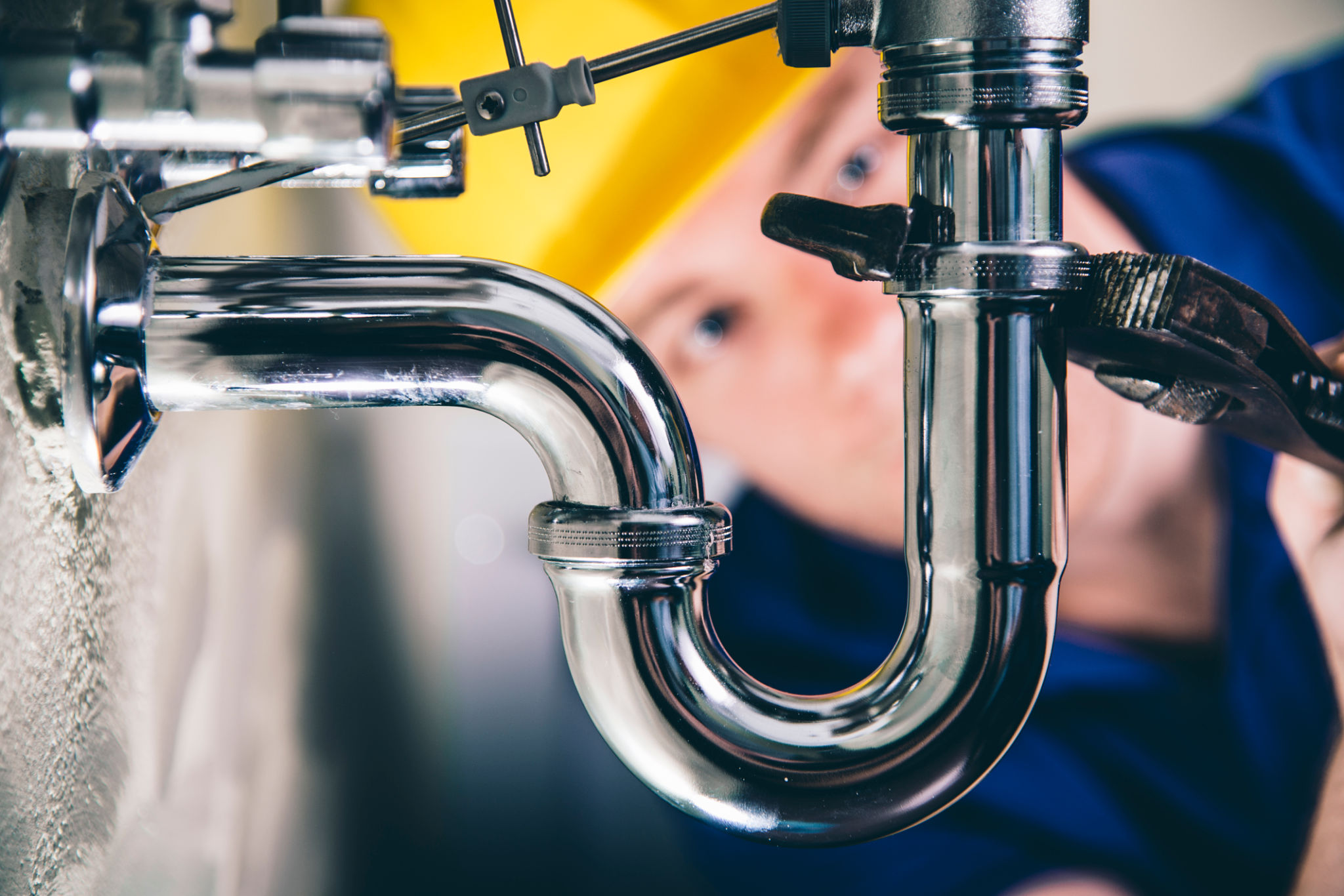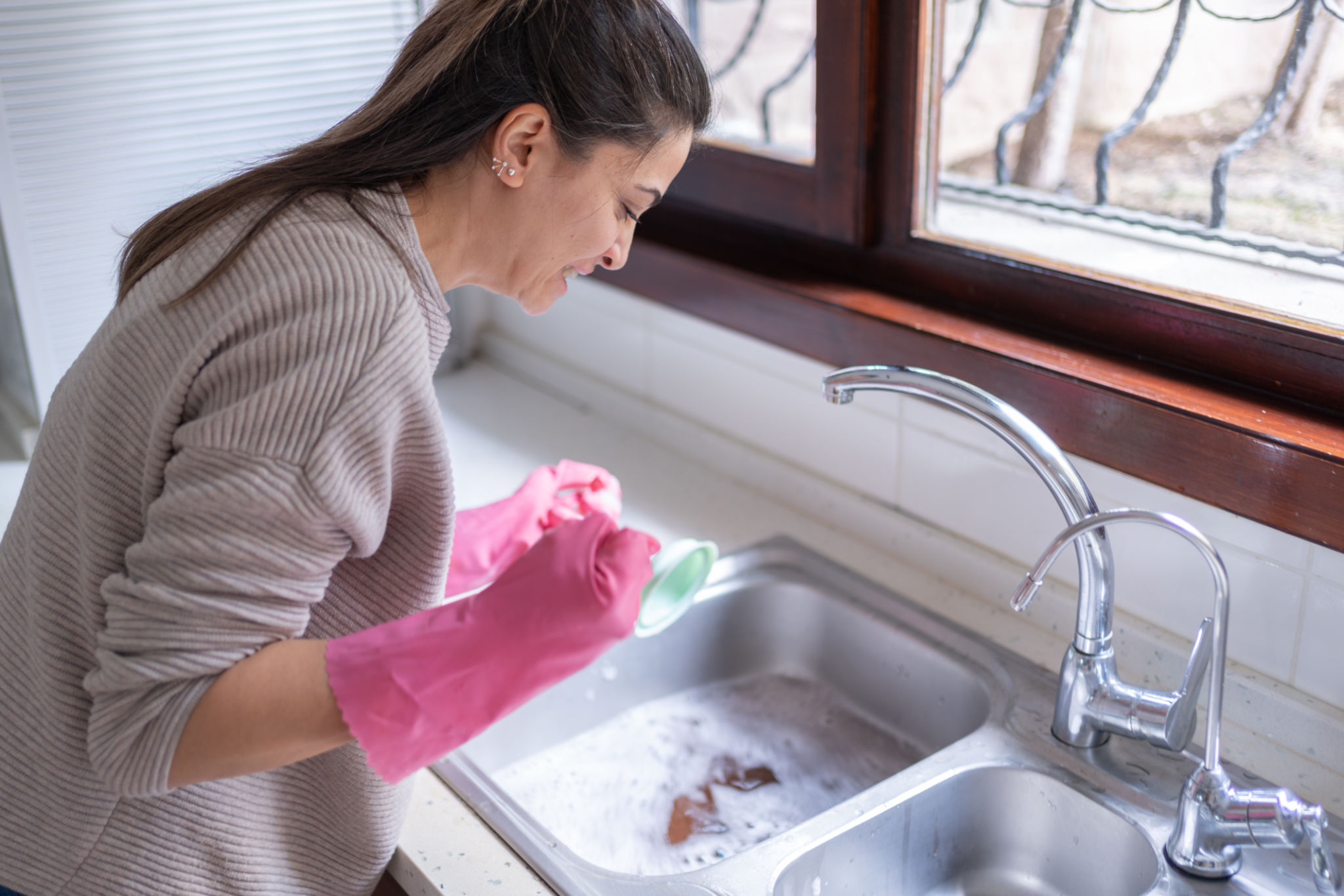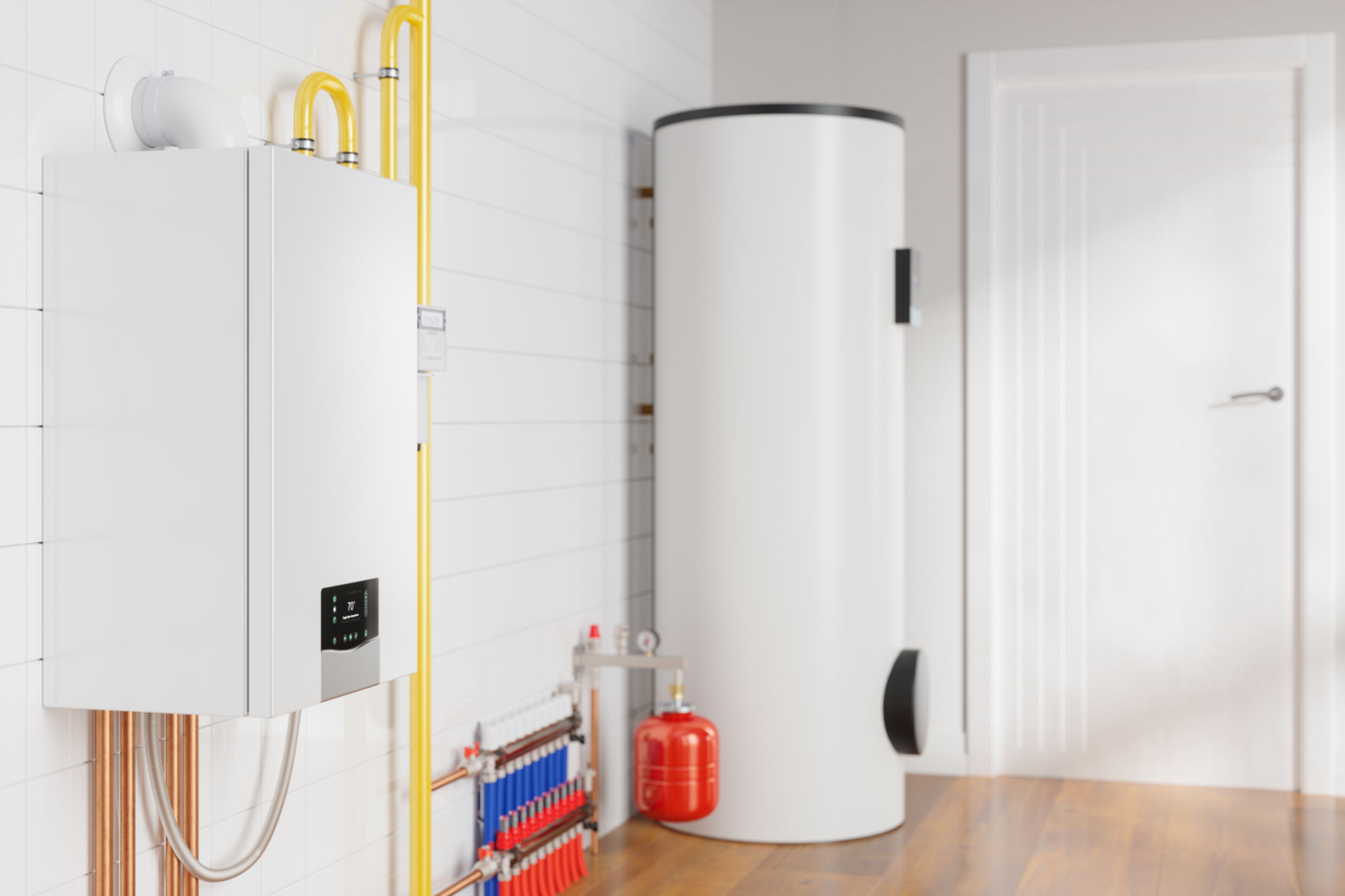Top 5 Plumbing Emergencies and How to Handle Them Quickly
Understanding Plumbing Emergencies
Plumbing emergencies can strike at any time, leaving homeowners in a state of panic. Whether it's a burst pipe or a blocked drain, knowing how to handle these situations promptly can save you from extensive damage and costly repairs. This guide will help you navigate through the top five plumbing emergencies and offer quick solutions to tackle them effectively.

Burst Pipes
A burst pipe is one of the most severe plumbing emergencies that can cause significant water damage to your property. If you notice a sudden drop in water pressure or see water pooling on the floor, it's crucial to act quickly. First, locate the main water shut-off valve and turn it off immediately to stop the flow of water. Then, call a professional plumber to assess and repair the damage.
Clogged Drains
Clogged drains are a common issue that can escalate if not addressed promptly. They are often caused by the buildup of hair, grease, or foreign objects. Start by using a plunger to try and clear the blockage. If that doesn't work, a drain snake or chemical drain cleaner might be necessary. However, for persistent clogs, it's best to contact a plumber to avoid damaging the pipes.

Overflowing Toilets
An overflowing toilet can quickly lead to water damage and unsanitary conditions. Immediately stop the flow of water by turning off the valve located behind the toilet. Use a plunger to try and clear the blockage. If this doesn’t resolve the issue, it may be time to call in a professional to identify and fix the problem.
Water Heater Malfunction
A malfunctioning water heater can leave you without hot water and may even pose a risk of leaks or flooding. If you notice strange noises or water pooling around the unit, turn off the power supply immediately and shut off the water valve connected to the heater. Contact a plumbing expert to diagnose and repair any issues before they worsen.

Leaky Faucets
Though not as severe as other emergencies, leaky faucets can lead to increased water bills and should be fixed promptly. Often, the issue is due to worn-out washers or seals within the faucet. Replacing these components is usually a simple fix, but if you’re not comfortable doing it yourself, a plumber can handle it quickly.
By being prepared and knowing how to respond swiftly to plumbing emergencies, you can minimize damage and stress. Remember, while some issues can be resolved with a DIY approach, others require professional intervention to ensure safety and effectiveness.
Prevention Tips
To prevent future emergencies, consider regular maintenance checks on your plumbing system. Keep an eye out for early signs of wear and tear, and don’t hesitate to call a professional for periodic inspections. This proactive approach can help identify potential problems before they become emergencies.
Being informed and prepared is key to handling plumbing emergencies efficiently. Keep this guide handy, so you're ready to act fast when faced with any plumbing challenge.
